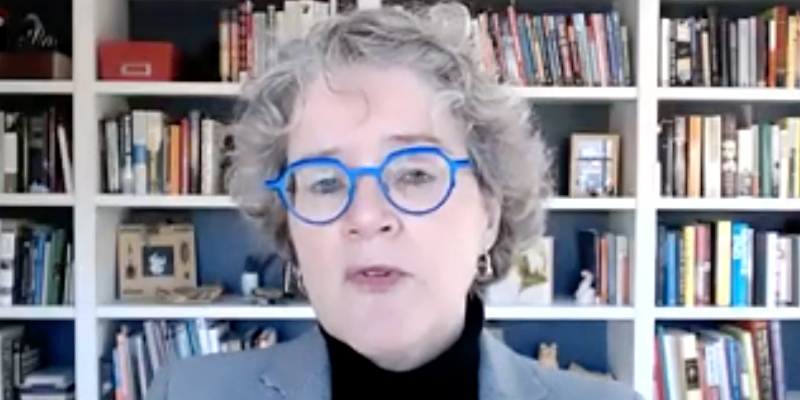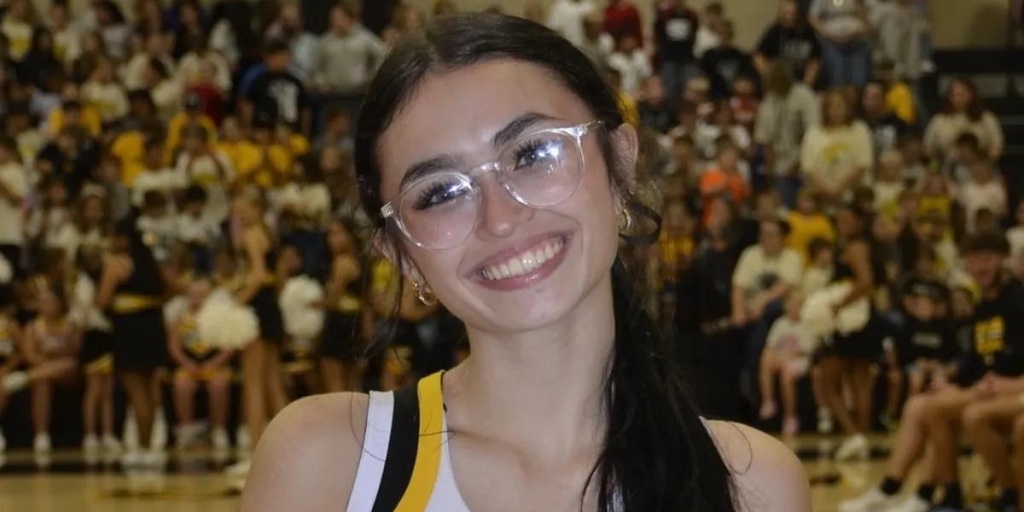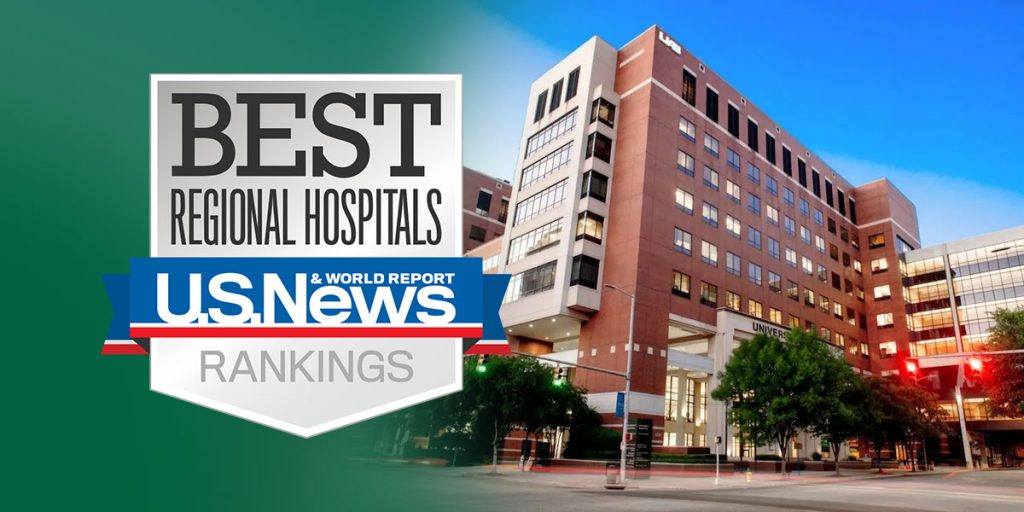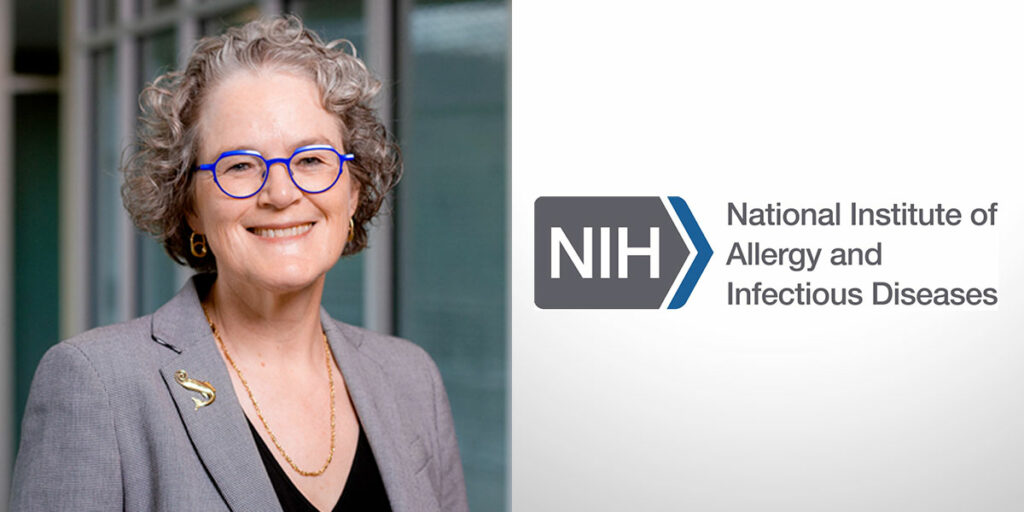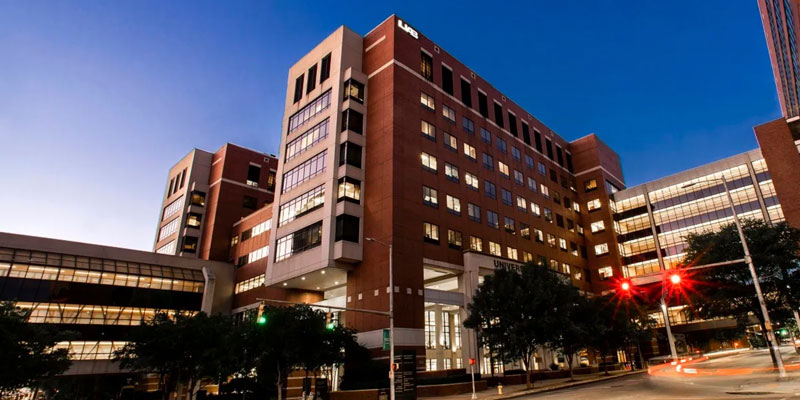University of Alabama at Birmingham (UAB) infectious disease expert Dr. Jeanne Marrazzo held a virtual briefing on Tuesday during which she provided context for Alabama’s troublingly high rate of coronavirus spread and concerning number of hospitalized patients.
As Yellowhammer News reported on Monday, Alabama is experiencing a record number of COVID-19 patients in its hospitals, including at Marrazzo’s own UAB Hospital. New cases, meanwhile, are very near the highest average the state has experienced.
“This is not a surge… but a spike,” Marrazzo said of Alabama’s current increase in coronavirus numbers, repeatedly warning that the next few weeks could bring a “tidal wave” of new COVID-19 patients.
Marrazzo further relayed that Alabama is doing less testing than earlier in the pandemic, and she believes the current case numbers are an “underestimate” of reality.
“We are not even in the post-Thanksgiving surge yet,” cautioned Marrazzo with regards to the even further increase in cases she and others expect to come about after many citizens traveled last week.
“This is a really, really scary inflection point,” Marrazzo said of Alabama’s current COVID-19 numbers, adding that hospitals may need to set up “ancillary care places” if the number of patients requiring hospitalization continues to go up.
“A lot depends on what happened over Thanksgiving weekend,” she said.
The doctor said one hypothetical situation keeping her up at night is a potential shortage of health care workers leading to some patients who urgently need care not being able to receive it in a timely manner.
“Are we going to have enough people to take care of what I thank may be a tidal wave of patients in the next month?” Marrazzo asked rhetorically.
She described that Mobile has currently exhausted its supply of ICU beds and said the statewide ICU bed situation is “not particularly optimistic.”
Marrazzo said Monday that she has gone to great lengths over the course of the pandemic to avoid being alarmist and offered some more positive news amid the rising cases.
“We have managed to improve the way we take care of people in the hospital,” she noted, further explaining that far fewer patients require being placed on ventilators now that doctors have more experience treating the virus.
“I think the vaccine news is very, very encouraging,” Marrazzo highlighted, mentioning specifically the medical company Moderna’s submission of its vaccine candidate to the FDA.
The expert also explained a complicating factor in the upcoming vaccine dispersal, for which the consensus is that health care workers will get the first doses, but the next round of people to get vaccinated is not wholly agreed upon.
Marrazzo described how priority could be made to give it to older citizens who are most at risk for serious complications if coming down with COVID-19. Another priority might be giving it to those in the community most likely to transmit the virus even if they are younger or less vulnerable.
With regards to the Pfizer vaccine, which was similar in its effectiveness to Moderna’s vaccine but must be stored and transported at much lower temperatures, Marrazzo said she was “very encouraged” by the company’s recent efforts to see if its vaccine was stable enough to be transported and stored more easily.
Near the end of her briefing, Marrazzo said “a huge amount of fatigue” is likely to blame for the numbers increasing even as the public is aware of the proper precautions – like mask wearing and social distancing – that must be taken.
The doctor said that going forward, “shaming is not the answer,” and those interested in stopping the virus must “appeal to people’s better nature.”
Henry Thornton is a staff writer for Yellowhammer News. You can contact him by email: [email protected] or on Twitter @HenryThornton95.




